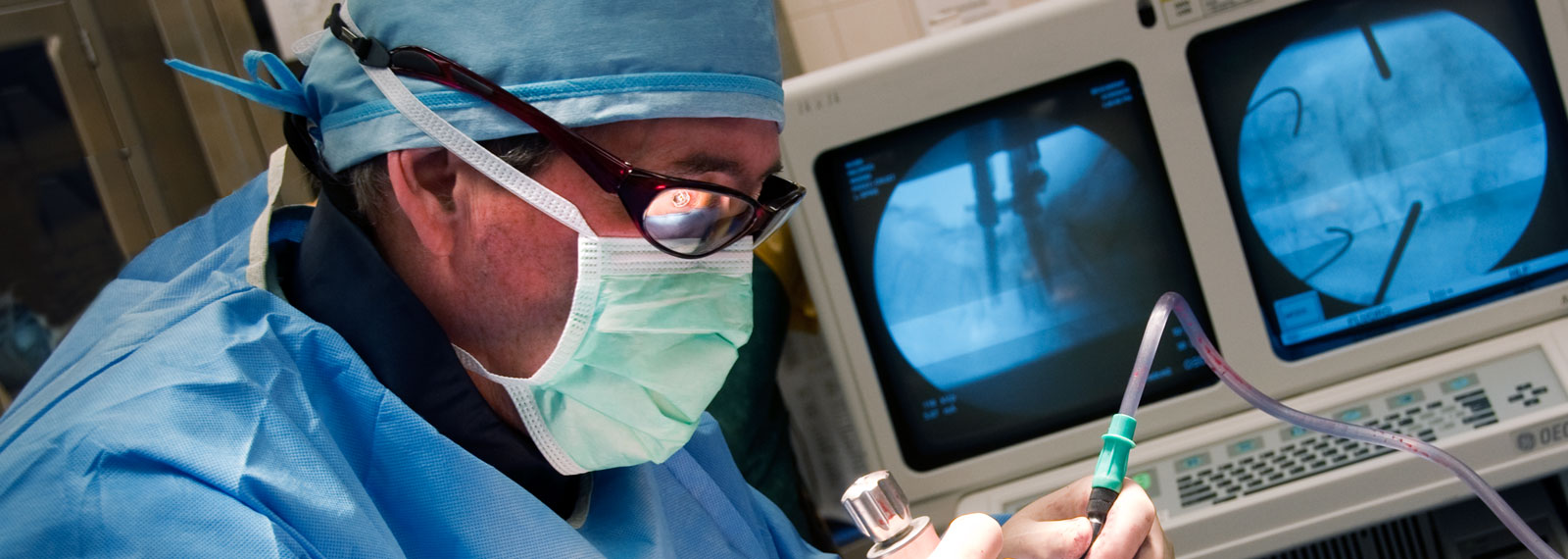
As a leading center for spine surgery, Beaumont offers advanced treatments for the complete spectrum of spine disorders. Spine conditions treated include:
- degenerative disc disease – one of the most common spine disorders, symptoms of degenerative disc disease may include back pain or muscle spasms
- fracture – spine fractures occur when more force is applied to the vertebrae than the bones can absorb, possibly resulting from a fall or other trauma
- herniated disc - a herniated disc occurs when the disc material breaks the disc annulus and impedes on a nerve root, essentially “pinching” the nerve
- infection – bacteria or fungal organisms may cause a number of spinal infections characterized by chills, stiffness, pain or other symptoms
- low back pain – one of the most common health problems, low back pain can range from mild, dull, annoying pain, to persistent, severe, disabling pain in the lower back
- myelopathy – any condition related to the nerves of the spine
- neck pain
- overuse injuries – conditions such as spondylolisthesis and spondylolysis common in certain types of athletes and characterized by back pain caused by excessive flexion and extension of the lower back
- radiculopathy – problems related to the nerve roots that stem from the spinal cord between the individual vertebra
- sciatica - pain that starts near the back or buttock and travels down the leg to the calf or into the foot
- scoliosis - a spine conditions characterized by a lateral, or side-to-side, curvature with the spine looking like an "S" or "C" and a rotation of the back bones (vertebrae), giving the appearance that the person is leaning to one side
- spinal cord injury - the result of a bruise (also called a contusion), a partial tear, or a complete tear (called a transection) in the spinal cord affecting between 250,000 and 400,000 individuals in the United States
- spondylolisthesis - dislocation or slipping of one vertebra over the one below it
- spondylosis – condition in which the spinal cord or nerve roots attached to it to become compressed
- stenosis - condition affecting the low back in which the spinal canal narrows and compresses the spinal cord and nerves
- tumor - abnormal growths of tissue found inside the spinal column, including schwannomas and meningiomas